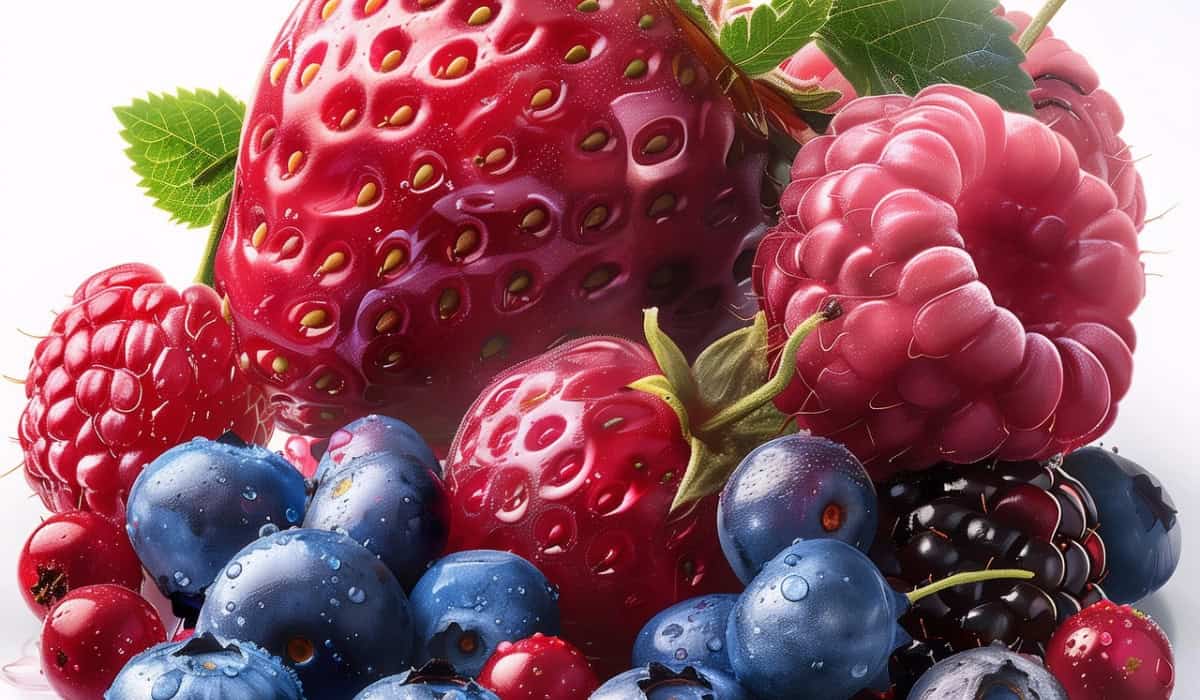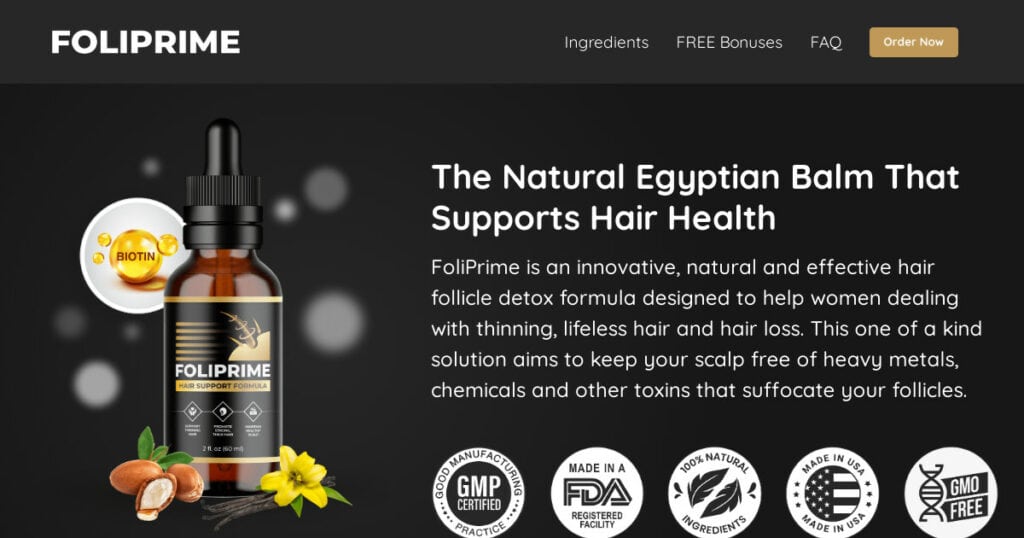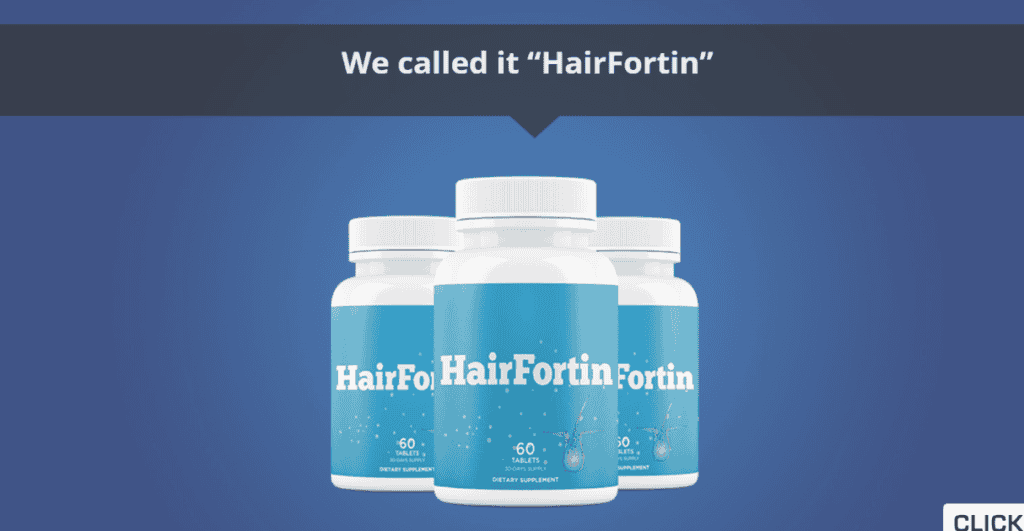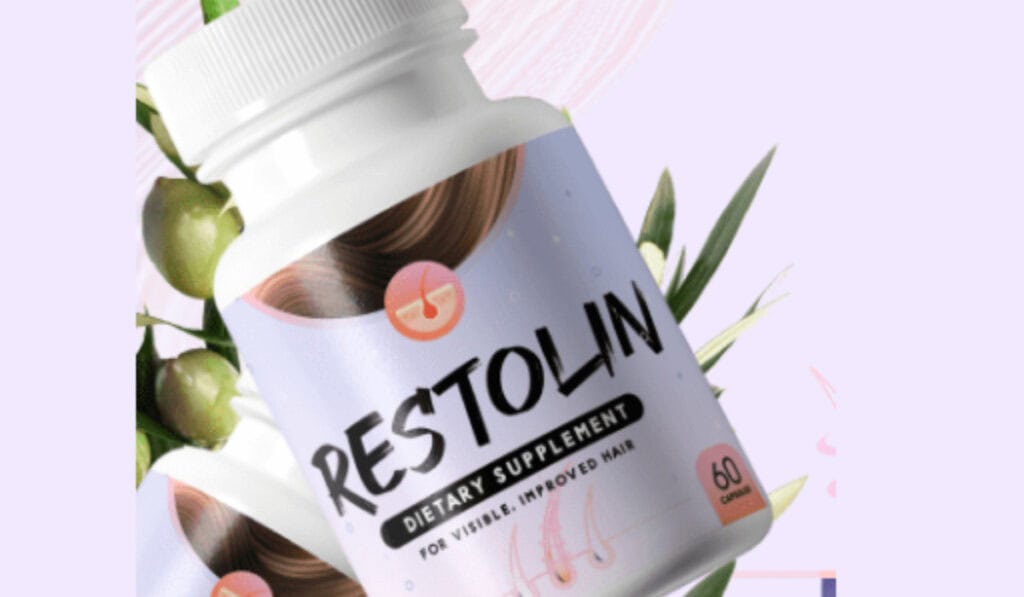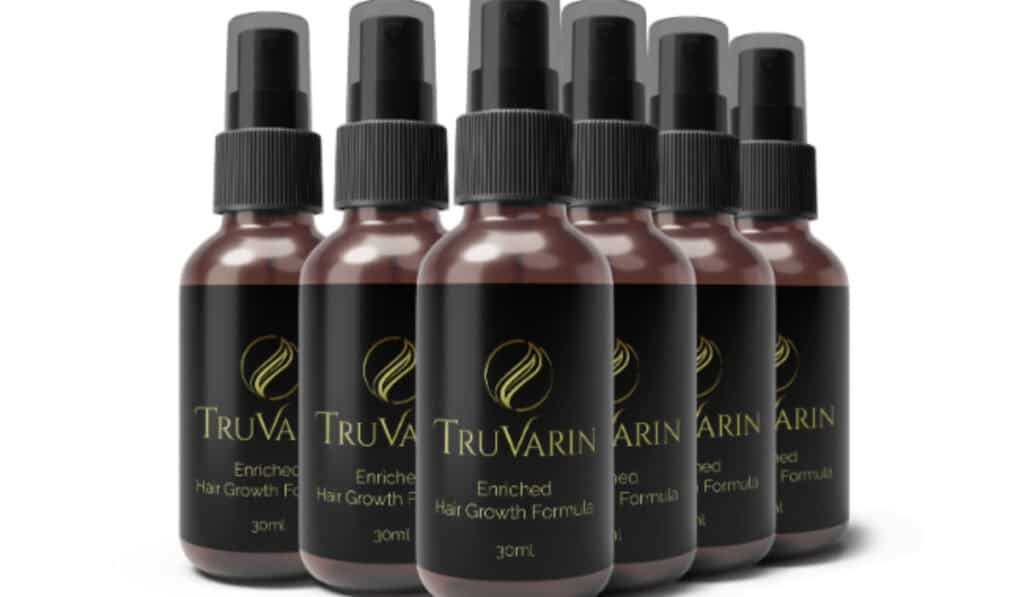A Comprehensive Guide
Imagine having hair that shines like the sun and bounces with each step you take. This isn’t just a dream for the lucky few; it’s possible for everyone. The secret? A blend of essential nutrients, including vitamins B12, pantothenic acid, and others that nourish your scalp and strands from the inside out. But it’s not just about picking random vitamins; it’s about understanding which ones your hair truly needs.
Vitamin deficiencies can leave your hair looking dull and lifeless. For instance, without enough vitamin D3 and vitamin B6, your hair can struggle to grow and maintain its strength. These vitamins play crucial roles in hair health, influencing everything from growth to how shiny your hair looks. Ensuring you have enough of these nutrients can transform your hair game.
It’s not just about avoiding deficiencies; it’s about harnessing the power of these nutrients to boost your hair’s health. Pantothenic acid, for example, is a superhero for your scalp, helping to keep it healthy and moisturized. Incorporating a balanced diet rich in these vitamins and minerals can lead you to the luscious locks you’ve been dreaming of.
Unlocking the Secrets to Lustrous Locks
Unlocking the secret to beautiful, healthy hair starts with understanding what your hair needs. Just like a garden needs the right balance of nutrients to grow, your hair needs a mix of vitamins and minerals to flourish. Taking care of your hair isn’t just about the products you apply on the outside but also about what you feed your body. Let’s dive into the world of vitamins and minerals that can unlock the true potential of your hair.
From the shine in your strands to the strength of each follicle, everything comes down to the nutrients you provide. But it’s not about overwhelming your system with every supplement out there. It’s about focusing on the key players that truly make a difference in hair health. Ready to discover what those are? Let’s get started on this journey to lustrous locks.
The Essential Role of Vitamins and Minerals
Your hair’s health is a reflection of your overall nutritional status. Vitamins and minerals play a critical role in ensuring your hair not only grows but thrives. Whether it’s vitamin B12 supporting hair’s natural color or the combined efforts of vitamins or minerals in repairing and strengthening hair fibers, these nutrients are the unsung heroes of hair care. Balancing these essential nutrients is key to unlocking healthy, vibrant hair.
How They Boost Hair Health
Vitamins and minerals boost hair health by targeting the root of common issues. For instance, they help in repairing damaged hair follicles, increasing the strength of each hair strand, and ensuring the scalp is healthy enough to support hair growth. This is done through a variety of mechanisms, such as improving blood circulation to the scalp, providing antioxidants to combat oxidative stress, and supplying the building blocks for new hair growth.
Moreover, certain vitamins like pantothenic acid and biotin play a specific role in hair structure and growth. Pantothenic acid, part of the B-vitamin family, aids in the nourishment of hair follicles, helping to maintain their proper function. Biotin, on the other hand, is famous for its role in promoting hair growth by enhancing the keratin infrastructure, which is the protein that makes up hair. Together, these nutrients ensure your hair is not just growing but thriving.
The Top Vitamins for Hair Growth
For those seeking healthy hair growth, the journey begins with understanding the top vitamins critical for this process. Biotin supplements and the natural intake of pantothenic acid stand out as key contributors. However, it’s essential to maintain balanced vitamin D levels and avoid vitamin C deficiency, as these factors play significant roles in hair health. In the United States, androgenetic alopecia and other conditions highlight the importance of addressing nutrient deficiencies. B vitamins, especially vitamin B6 and vitamin D3, are fundamental in promoting hair growth, showcasing how essential nutrients directly influence the health and vitality of your hair.
Vitamin E: The Antioxidant Powerhouse
Vitamin E is renowned for its antioxidant properties, which help protect hair from the damaging effects of environmental stressors. This vitamin is crucial for maintaining hair health, as it supports the scalp and gives your hair a strong base to grow from. By fighting off free radicals, vitamin E ensures your hair follicles remain healthy, promoting vibrant and elastic strands.
Maximizing Intake Through Natural Sources
To harness the benefits of vitamin E, incorporating natural sources into your diet is key. Foods like almonds, spinach, and avocados are rich in this nutrient, offering a delicious and healthy way to boost your intake. Including these foods in your daily meals not only enhances your hair’s health but also contributes to overall well-being. Regular consumption of these vitamin E-rich foods can make a noticeable difference in the appearance and strength of your hair.
Moreover, balancing your diet with a variety of these sources ensures you receive a comprehensive array of antioxidants. This diversity is crucial for maximizing the protective benefits of vitamin E, as it works in synergy with other nutrients to fortify your hair against damage. By prioritizing these foods, you’re taking a significant step towards achieving lustrous, resilient locks.
Understanding Recommended Daily Intake and Safety
When it comes to vitamin E, understanding the recommended daily intake is crucial for reaping its benefits without overdoing it. For most adults, a daily intake of around 15 mg is advised to maintain optimal health. However, it’s important to note that exceeding this amount through supplements can lead to adverse effects, as vitamin E is fat-soluble and can accumulate in the body.
Sticking to the recommended 30 mcg of biotin and ensuring a balanced intake of vitamin E through natural food sources is generally considered safe and beneficial. This approach minimizes the risk of exceeding safe levels while providing your hair and body with the nutrients needed for health and growth. Always consult with a healthcare provider before starting any new supplement regimen, especially if you have underlying health conditions.
Biotin: The Hair Growth Promoter
Biotin, often hailed as the hair growth promoter, is a crucial B-vitamin that supports hair health. By aiding in the production of amino acids, the building blocks of proteins, biotin helps in the formation of keratin, the protein that constitutes hair. This process makes biotin one of the most sought-after vitamins for hair growth, as it directly contributes to the strength, elasticity, and overall health of hair.
Natural Sources for Biotin
Finding natural sources of biotin is easier than you might think. Foods like eggs, nuts, and whole grains are packed with this essential nutrient, making it simple to include in your daily diet. By focusing on these biotin-rich foods, you can support your hair health from the inside out, promoting stronger and more vibrant hair growth. Remember, while biotin deficiency is very rare, ensuring adequate intake is key to maintaining healthy hair.
Moreover, incorporating a variety of these foods into your meals can enhance your overall nutrient intake, providing a wide range of benefits beyond just hair health. A balanced diet rich in biotin not only supports robust hair growth but also contributes to skin and nail health, showcasing the interconnectedness of nutrition and bodily well-being.
Determining the Right Amount to Consume
While biotin is essential for hair health, determining the right amount to consume can be nuanced. For most adults, a daily intake of 30 mcg is recommended to support normal health, including that of hair. However, taking too much vitamin in supplement form can lead to imbalances, as the body can only utilize a certain amount efficiently.
To ensure you’re getting just the right amount, focus on obtaining biotin from natural food sources, which provide a balanced and safe level of nutrient intake. If you’re considering supplements, especially for addressing hair concerns, consulting with a healthcare provider can help tailor the right dosage to your specific needs, minimizing the risk of excess intake.
Vitamin C: The Collagen Booster
Vitamin C isn’t just for boosting your immune system; it’s a powerhouse for your hair, too. By promoting the production of collagen, a vital protein for hair structure, vitamin C helps strengthen the strands from the inside. This nutrient’s antioxidant properties also protect against oxidative stress, ensuring your hair remains healthy, vibrant, and resilient against external stressors.
Sources Rich in Vitamin C
To boost your hair’s health with vitamin C, focus on incorporating citrus fruits, strawberries, and bell peppers into your diet. These foods are not only delicious but are also among the richest natural sources of vitamin C. Regular consumption can help maintain optimal collagen production, supporting hair strength and growth.
Additionally, green leafy vegetables like spinach and kale offer a double benefit. They’re packed with vitamin C and iron, another essential nutrient for hair health. By diversifying your intake of vitamin C-rich foods, you ensure a well-rounded approach to nourishing your hair from within, promoting a healthy scalp and beautiful, strong locks.
Recommended Intake for Optimal Hair Health
The recommended daily intake of vitamin C for adults varies, with women needing around 75 mg and men 90 mg. However, when it comes to hair health, ensuring you’re meeting or slightly exceeding these amounts through diet can be beneficial. Be cautious of excessive intake, as it can lead to negative side effects, including digestive distress.
Keeping within these guidelines ensures that you’re providing your body and hair with the support they need without risking the negative impacts of oxidative stress. A balanced approach, focusing on natural sources of vitamin C, is the safest way to harness its benefits for your hair, promoting a vibrant, healthy mane without the need for high-dose supplements.
Vitamin A: For Scalp Nourishment
Vitamin A plays a pivotal role in promoting hair growth and maintaining healthy hair. This essential nutrient supports the scalp by helping to keep it moisturized through the production of sebum. Without adequate vitamin A, your hair can become brittle and your scalp can dry out, leading to dandruff and other scalp conditions. By ensuring a sufficient intake of vitamin A, you’re directly nourishing the foundation upon which healthy hair grows.
Finding Vitamin A in Foods
When you’re looking to boost your hair health, vitamin A is your go-to nutrient. You can find vitamin A in a variety of foods that are probably already part of your diet. Think about orange and yellow vegetables like carrots and sweet potatoes. They’re not just tasty; they’re packed with vitamin A. But it’s not just vegetables; some dairy products and fish are excellent sources too.
Don’t forget about leafy greens. Spinach and kale might not be orange, but they’re loaded with vitamin A as well. Incorporating these foods into your meals can help you get enough vitamin A, which is crucial for keeping your scalp moisturized. A healthy scalp means healthy hair, so make sure these foods are on your plate.
Daily Intake Guidelines
Knowing how much vitamin A you need daily is key to maintaining healthy hair and overall well-being. Adults should aim for about 900 micrograms (mcg) for men and 700 mcg for women each day. This amount helps support vision, immune function, and of course, hair health. But remember, it’s all about balance.
It’s possible to have too much of a good thing. Too much vitamin A can lead to health issues, like hair loss, which is the opposite of what you want. Stick to the recommended daily intake and get your vitamin A from food sources rather than supplements to avoid any potential problems. Eating a varied diet filled with vitamin A-rich foods is the best way to meet your needs.
Vitamin D: The Sunshine Vitamin
Vitamin D plays an important role in many bodily functions, including hair follicle health. Unfortunately, the prevalence of vitamin D deficiency is quite high, impacting not just bone health but potentially leading to hair issues too. The good news is, you can get vitamin D from the sun, but food sources like egg yolks, beef liver, and fortified foods also contribute to your daily vitamin D intake. Including these sources in your diet can help combat deficiency and support your overall hair health.
Enhancing Hair Follicle Health
Vitamin D is crucial for the creation of new hair follicles, tiny pores from which new hair can grow. This vitamin’s role in hair production means getting enough vitamin D could help maintain thick, healthy hair and reduce hair loss. A healthy scalp supports these follicles, which is essential for hair growth and density.
Regular exposure to sunlight is one of the most natural ways to increase your vitamin D levels, which in turn can enhance hair follicle health. However, for many people, getting enough sun exposure year-round isn’t always possible. Including vitamin D-rich foods like fatty fish, fortified foods, and supplements can help maintain optimal levels for hair health.
Safe Levels of Vitamin D Intake
While vitamin D is essential for hair health, it’s important to consume it within safe limits. Adults should aim for 600-800 IU (International Units) per day, though some individuals may need more depending on their health status and exposure to sunlight. It’s important to consult with a healthcare provider to determine the right amount for you.
Exceeding the recommended daily intake of vitamin D on a regular basis can lead to potential health risks, such as kidney stones and calcium buildup in the body. To ensure you’re getting the right amount, focus on a balanced diet, sensible sun exposure, and supplements if advised by a healthcare professional. This approach will help you maintain healthy vitamin D levels for optimal hair health.
Essential Minerals Contributing to Hair Strength
Aside from vitamins, certain minerals play a crucial role in maintaining healthy, strong hair. Minerals like iron, zinc, and magnesium are integral to various bodily functions, including hair growth and repair. Ensuring you get enough of these minerals can help keep your hair looking its best. A balanced diet is key to providing your body with these essential nutrients.
Iron: The Oxygen Transporter
Iron deficiency is one of the most common nutrient deficiencies in the world and can lead to hair loss. This mineral is vital for producing hemoglobin, which helps transport oxygen in the blood to your body’s cells, including hair follicles. Ensuring adequate iron intake can support hair growth and strength.
Natural Sources of Iron
Iron can be found in a variety of foods, ensuring you have plenty of options to incorporate it into your diet. Red meat, chicken, and fish are excellent sources of heme iron, which is easily absorbed by the body. For vegetarians or those looking to reduce meat consumption, lentils, spinach, and pumpkin seeds offer plant-based iron. Combining these with foods rich in vitamin C can enhance iron absorption.
It’s also beneficial to include grains and cereals fortified with iron. Remember, while plant-based iron sources are beneficial, they’re not as readily absorbed as heme iron from animal products. Diversifying your iron sources and pairing them wisely with vitamin C-rich foods can optimize iron levels and support hair health.
Iron Intake Recommendations
Men and women have different needs when it comes to iron intake. Adult men need about 8 milligrams (mg) of iron per day, while women aged 19 to 50 need about 18 mg per day, due to menstruation. After menopause, women’s iron needs drop to about 8 mg per day, similar to men’s requirements.
If you suspect you’re not getting enough iron through your diet, or if you’re experiencing symptoms of iron deficiency such as fatigue or hair loss, it might be time to consider an iron supplement. However, it’s important to check your iron levels with a healthcare provider before starting any supplement, as too much iron can be harmful. Balancing your iron levels is key to supporting overall health and by extension, healthy hair.
Zinc: The Hair Tissue Growth and Repair Aid
Zinc plays a crucial role in hair tissue growth and repair and helps keep the oil glands around the follicles working properly. Zinc deficiency can lead to hair loss, which is why ensuring you have enough zinc in your diet is essential for maintaining healthy hair. For healthy individuals, maintaining adequate zinc levels supports gene expression, immune function, and overall hair health.
Optimal Sources of Zinc
Zinc is abundant in a variety of foods, making it easier to include in your diet. Meat, shellfish, and legumes like chickpeas, lentils, and beans are great sources. Nuts, seeds, and whole grains also contain zinc, though in smaller amounts. Dairy products and eggs can contribute to your daily zinc intake as well.
For those looking for specific foods, oysters contain more zinc per serving than any other food, but red meat and poultry provide the majority of zinc in many diets. Including a mix of these foods can help ensure you’re getting enough zinc to support hair health and other bodily functions.
Understanding Zinc’s Daily Requirement
The daily intake of zinc recommended for adult men is 11 mg, and for women, it’s 8 mg. Pregnant or breastfeeding women have increased needs and should aim for 11-13 mg per day. Meeting these requirements is crucial for hair health, among other bodily functions.
While zinc is important, too much can be harmful, leading to issues like reduced immune function and interference with the absorption of other minerals. Sticking to the recommended daily intake, primarily through diet, is the best way to ensure you’re getting enough zinc without overdoing it. If you’re considering supplements, consult with a healthcare professional to determine the appropriate amount.
Magnesium: The Stress Reliever
Magnesium plays a role in over 300 enzymatic reactions in the body, including those related to stress reduction and hair growth. Stress is a known factor that can contribute to hair loss, making magnesium intake crucial for maintaining healthy hair. Ensuring you have enough magnesium in your diet can help manage stress levels and support hair health.
Incorporating Magnesium-Rich Foods
Adding magnesium-rich foods to your diet is easier than you might think. Leafy green vegetables, such as spinach and kale, are excellent sources. Nuts and seeds, especially almonds, cashews, and pumpkin seeds, are also packed with magnesium. For those who enjoy grains, whole grains like brown rice and whole wheat bread contain magnesium as well.
Don’t overlook the benefits of legumes, like black beans and lentils, and the simple pleasure of dark chocolate, which not only satisfies your sweet tooth but also contributes to your daily magnesium intake. Including a variety of these foods in your meals can help ensure you’re getting enough magnesium to support not just hair health, but overall well-being.
How Much Magnesium is Needed
Adult men require about 400-420 mg of magnesium per day, while adult women need 310-320 mg per day. This intake supports not just hair health, but also bone health, cardiovascular health, and muscle function. Pregnant or breastfeeding women may need more magnesium and should consult with a healthcare provider to determine the right amount.
While it’s important to meet these daily intake goals, too much magnesium, especially from supplements, can lead to digestive issues and, in extreme cases, more serious health concerns. Focusing on dietary sources of magnesium is the safest way to ensure you’re getting what you need for healthy hair and a healthy body.
Folic Acid: The DNA Synthesizer
Folic acid plays a crucial role in your body, especially when it comes to your hair. It helps create new cells, which is vital for hair growth. Without enough folic acid, your hair may suffer. Many don’t realize that a folic acid deficiency can directly impact their hair’s health, leading to potential hair loss or slow growth.
Ensuring adequate folate intake is key to maintaining not just overall health, but also promoting healthy hair. By focusing on this essential nutrient, you can support your hair from the inside out, encouraging stronger and healthier growth.
Importance in Cell Renewal for Hair Growth
Cell renewal is at the heart of achieving lush, vibrant hair. Folic acid is essential in this process, helping to synthesize DNA and renew the cells that lead to hair growth. This makes folic acid a critical nutrient for maintaining healthy hair and preventing hair loss.
Folic Acid Sources and Dosage
Folic acid can be found in a variety of foods, including leafy greens, citrus fruits, beans, and fortified cereals. Incorporating these foods into your diet can help ensure you’re getting enough folic acid to support hair health. For those who struggle to get enough from food alone, supplements can be an effective way to meet your needs.
The recommended daily intake of folic acid varies by age, gender, and life stage, but generally, adults should aim for 400 micrograms (mcg) per day. Pregnant or breastfeeding women may need more, so consult with a healthcare provider to determine the right amount for you. Remember, while folic acid is crucial for hair growth, balance is key—too much can lead to health problems, so stick to recommended levels.
Navigating Through Supplements for Hair Growth
When looking for ways to boost your hair growth, supplements can be a valuable tool. They can fill nutritional gaps that your diet might miss, offering a convenient way to ensure you’re getting the essential vitamins and minerals for hair health. However, it’s important to choose wisely to avoid ineffective or even harmful products.
Understanding the ingredients and their sources can help you make informed choices. Look for supplements that contain key nutrients known to support hair health, such as biotin, vitamin E, and omega-3 fatty acids. Reading labels and researching brands can lead you to high-quality supplements that truly benefit your hair.
Identifying Quality Hair Growth Supplements
When seeking out hair growth supplements, it’s crucial to scrutinize the labels. A quality supplement should list all active ingredients clearly, highlighting essential vitamins and minerals like biotin and omega-3 fatty acids. These nutrients are known to stimulate hair growth and improve the health of your skin and nails. For both men and women, finding a balanced formula is key to supporting overall hair health.
Pay attention to the amounts of vitamin listed to ensure they meet your daily needs without exceeding safe levels. Taking supplements is a commitment to your health, so choose products that are transparent about their contents and backed by clinical trials. This diligence will help you find supplements that are safe and effective, providing the nutrients you need to foster healthy hair growth.
Combining Vitamins and Minerals for Maximum Effect
For the best results in hair growth, combining various vitamins and minerals can have a synergistic effect. For instance, consuming vitamin C alongside iron-rich foods can help your body absorb iron more efficiently. Similarly, including sunflower seeds in your diet provides magnesium, which can reduce stress—a known factor in hair loss.
While a balanced diet is the foundation for hair health, understanding how different nutrients interact can enhance their benefits. However, it’s important to be mindful of your overall intake to avoid health problems. Consulting with a healthcare provider can help you create a tailored plan that meets your specific needs.
Realistic Expectations and Hair Growth Timeline
Setting realistic expectations is vital when working towards healthier hair. Hair growth is a gradual process, and the role of vitamins and minerals is to support this growth over time. Immediate results are unlikely, but with consistent nutritional support, improvements can usually be seen within a few months.
Patience and consistency are key. Supplements and a nutrient-rich diet can provide the foundation your hair needs to grow stronger and healthier. However, factors like genetics and underlying health conditions also play a significant role in hair growth, so results can vary from person to person.
What to Anticipate When Taking Supplements
When you start taking supplements for hair growth, it’s essential to manage your expectations. Initially, you may not see a significant change, but over time, with consistent use, you should notice improvements in hair strength, thickness, and overall health. Remember, supplements work best when combined with a healthy diet and lifestyle.
Monitoring your progress can be motivating. Take pictures or keep a hair growth journal to track changes and improvements. If you’re not seeing the results you hoped for after several months, it might be time to consult with a healthcare professional to explore other potential causes of hair issues.
The Synergy of Diet and Healthy Hair
Your diet plays a foundational role in the health of your hair. Nutrients from the foods you eat provide the building blocks for strong, vibrant hair. A diet lacking in essential vitamins and minerals can lead to hair loss and other hair health issues.
By focusing on a balanced diet rich in fruits, vegetables, lean proteins, and healthy fats, you can support your hair from the inside out. This approach ensures your hair receives the nutrients it needs to grow and thrive, highlighting the powerful synergy between diet and hair health.
Balancing Nutrients for Optimal Hair Health
To achieve optimal hair health, balancing your intake of nutrients is key. This means not only focusing on one or two vitamins but ensuring a wide range of vitamins and minerals are included in your diet. Each nutrient plays a unique role in supporting hair health, from facilitating cell renewal with folic acid to strengthening hair follicles with zinc.
Consider incorporating a variety of nutrient-rich foods into your meals to cover all bases. If your diet falls short, supplements can be a helpful addition, but they should not replace whole foods. Together, a well-rounded diet and thoughtful supplementation can provide the comprehensive support your hair needs to flourish.
A Glossary of Terms for Easy Reference
This glossary covers key terms related to hair health and the role of vitamins and minerals in supporting it. Understanding these terms will help you navigate the complex world of hair care and nutrition more effectively.
- Role of vitamins and minerals: Refers to the essential functions that vitamins and minerals play in maintaining hair health, including supporting hair growth, strength, and repair.
- Clinical trial: A research study that tests the safety and effectiveness of new treatments, including supplements, to determine their impact on hair health.
- Adverse effects: Negative reactions or side effects that may occur from taking supplements or consuming certain foods, which can impact overall health or specific conditions like hair growth.
- Blood levels: The concentration of specific nutrients or substances in the bloodstream, which can influence hair health and growth.
- Biotinidase deficiency: A rare genetic disorder that affects the body’s ability to reuse and recycle the vitamin biotin, which can lead to hair loss and other health issues if untreated.
- Lab tests: Diagnostic tests conducted in a laboratory to measure various health indicators, including nutrient deficiencies that may affect hair health.
- Serum ferritin: A lab test that measures the stored iron in your body, providing insight into your iron status and its potential impact on hair health.
By familiarizing yourself with these terms, you can better understand the factors that influence hair health and make informed decisions about your hair care routine and nutritional needs.
The Golden Mane Conclusion: Achieving Your Hair Goals
Achieving the hair of your dreams begins with understanding the vital role of balanced nutrition and the intake of vitamins. Both male and female hair health can significantly benefit from ensuring your diet includes the right mix of essential vitamins and minerals. For instance, incorporating orange juice into your breakfast routine can be a delightful way to boost your vitamin C intake, which in turn supports collagen production for stronger hair.
While the pursuit of healthy hair might lead you to explore various medical treatments, don’t underestimate the power of natural sunlight. Moderate sun exposure is beneficial for vitamin D synthesis, which is crucial for hair follicle health. However, it’s important to balance sun exposure with skin protection to avoid any adverse effects. Remember, achieving healthy hair is a journey that involves a holistic approach to your overall well-being.
Finally, it’s essential to set realistic expectations and understand that hair growth and health improvement take time. Regular intake of vitamins, including the recommended 400 mcg of folic acid, can play a significant role in cell renewal and hair growth. Pairing a well-balanced diet with patience and consistency will eventually lead you to the lustrous locks you desire. Achieving your hair goals is indeed possible with the right knowledge and approach.

